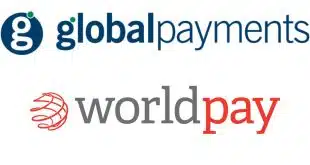Checks currently account for almost half of business-to-business payments, but their share will decline to 34% by 2020 as automated clearing house payments surge from 32% of B2B payments today to 45% in three years.
Those are some of the key results from a first-quarter survey by the Credit Research Foundation, a non-profit association of credit and accounts-receivable executives, with support from ACH governing body NACHA—The Electronic Payments Association. The CRF polled 130 U.S. members at companies with $100 million to more than $1 billion in annual revenues and representing a variety of industries.
Checks accounted for 63% of B2B payments in 2014 while the ACH at that time had just a 22% share, according to the CRF and NACHA. With electronic payment forms spreading, check writing has been declining for years with both consumers and businesses, although at a slower rate among the latter.

The survey also predicts that cards will capture 12.5% of B2B payments by 2020, up from 11% today and 8% in 2014. Cash and wire transactions will take 8.5% of payments in three years versus 8% in 2017 and 7% in 2014.
Drivers of the changes in payment mix were internal factors, cited by 29% of respondents; technology improvements, 28%; customer push, 23%; cost, 13%, and pushes from card providers or banks, 7%.
Nearly 80% of the respondents named the ACH as their most preferred method of receiving payments, but barriers to ACH payments remain. Forty-five percent of respondents said they have customers incapable of sending ACH payments. And 34% said that while their customers can send ACH payments, they do not properly send remittance with them. Another 21% said their organizations do not have the proper systems or resources to use the ACH effectively.





